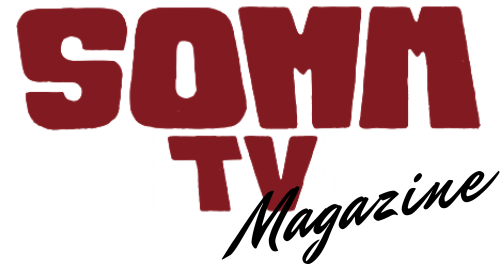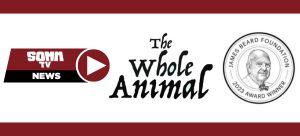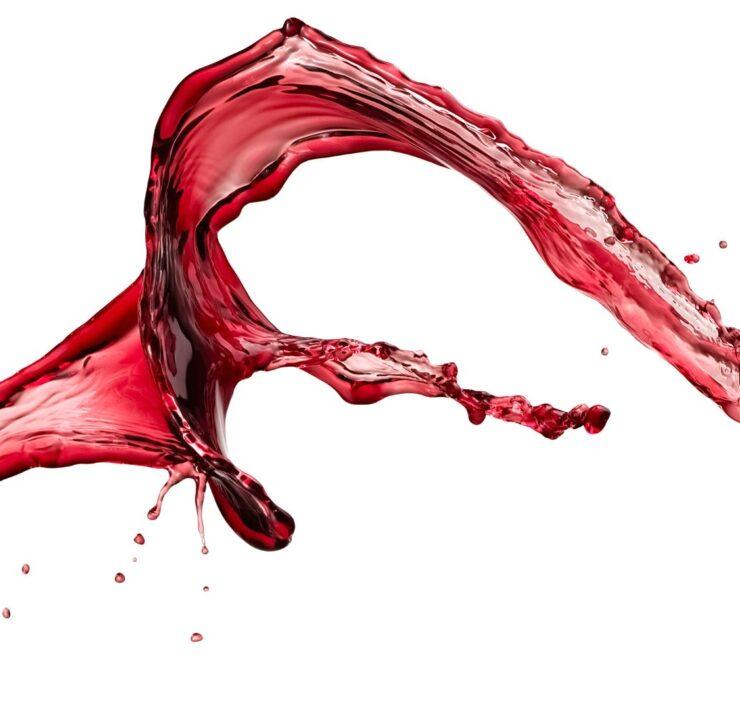There’s something universally appealing about quitting the nine-to-five slog to make delicious wine for a living. Visions of sunsets in the vineyard and stomping grapes during harvest come to mind. So, it’s no surprise that many new brands launch each year, sometimes by people with no traditional winemaking experience. One year ago, I was one of those people. The journey from initial concept to becoming a wine entrepreneur with tangible products to sell took time. Despite continuous ups and downs, it’s been one of the most rewarding experiences.
From winemaking to compliance and e-commerce to marketing, here are five things to know before starting a wine company.
You Don’t Have To Own a Winery or Vineyard to Launch Your Own Wine Brand (And You Probably Won’t)
When thinking about a wine brand, visions of stately tasting rooms set amidst rolling vineyards come to mind. In reality, this image primarily applies to “estate-bottled” labels. Estate-bottled wines come from grapes that grow on the same property as the winery facility, where the wine is fermented, aged, and bottled.
Many wine brands don’t operate within these strict guidelines. Instead, they take a page from a French merchant model. There, it’s common for négociants to buy grapes, juice, or finished wine from growers, then bottle and sell wine under their own name. This approach allows farmers and winemakers to focus on doing what they do best—growing grapes and making wine. At the same time, it enables entrepreneurs, wine lovers, celebrities, and athletes to pursue the business side of things. It’s a great way to make wine without the knowledge or resources to run a winery or vineyard.
Let Experts Handle Wine Compliance
For every bottle of wine produced and sold in the U.S., there is a corresponding mountain of paperwork. As an entrepreneur, it’s tempting to keep expenses low and simply ‘handle’ the administrative work. However, it’s worth the investment to partner with a company that specializes in wine compliance to help navigate the regulations.
Alcohol laws are complex and fragmented, with different local, state, and federal requirements. After securing the myriad of licenses, there is the ongoing process of keeping records, filing forms, and paying various taxes. Each state has distinct mandates, so this process gets exponentially more complex with direct-to-consumer shipping. Even if it were possible to navigate the quagmire of compliance requirements yourself, it would be time-consuming and risky. Your energy is better spent on other areas of the business, where making a mistake won’t necessarily translate into breaking the law.
For any successful wine entrepreneur, it’s essential to have an experienced company or consultant on your side to provide ongoing wine compliance services. A few reputable ones to consider are DH Compliance, Allen Group, and even software services like Avalara.
Embrace Growing Opportunities in the Direct-to-Consumer Channel
Over the past two decades, e-commerce has become a ubiquitous shopping channel for most consumer products. Until recently, wine was a notable exception. Even though licensed wineries can legally ship direct-to-consumer in most states, online sales have historically represented a mere 2% of total sales. Wine discovery and purchase largely happened IRL in bars, wine shops, and tasting rooms, making growth in the digital channel extremely slow—until the pandemic. During two years of intermittent lockdowns, Americans were stuck at home, many of them drinking wine. According to Silicon Valley Bank’s new State of the Wine Industry Report, online sales skyrocketed, growing 96% from 2019 to 2021, increasing the share of total sales to 10%.
Interestingly, this trend hasn’t reversed with the re-opening of bars, restaurants, and liquor stores. This presents a lucrative opportunity for new brands to optimize digital sales from day one. Also, cutting out the distributor tier for a portion of sales means higher margins that directly boosts the bottom line.
Help Dispel Wine’s Common Misconceptions
It’s important to understand common consumer myths before attempting to market and sell a product successfully. One notable example is sulfites and the role they play in winemaking. Often blamed as the cause of hangovers and headaches (a myth that has been firmly debunked by Master of Wine Sophie Parker-Thompson’s research), sulfites have a terrible reputation despite being naturally present in all wine as a byproduct of fermentation. When used as an additive, they are an invaluable winemaking tool that inhibits harmful bacteria growth and preserves fresh flavors and aromas.
Another misconception relates to vague marketing buzzwords like “clean wine” or “no sugar added”. Labels like these aren’t regulated and lack a clear definition. Marketing jargon lures health-conscious consumers but creates barriers to entry for those who desire more transparency. New brands will succeed by helping debunk myths and communicating approachable wine education to equip consumers to make better buying decisions.
Ask For Help. The Wine Community Is Close-knit, Collaborative, and Welcoming
Before launching my company, the prospect of joining a new industry felt daunting. In reality, fellow wine professionals are collaborative, inclusive, and genuinely excited to see new brands launch with fresh perspectives. It’s been a welcoming community of people from diverse backgrounds that share a common passion for wine.
It’s not uncommon to see wineries borrow equipment from each other or share trade knowledge, even though they may be working on competitive labels. The many times I’ve cold-emailed industry professionals for advice or showed up at their tasting rooms to talk shop, there is always an eagerness to help or point you in the direction of someone who can. The wine industry has a unique culture that makes work feel less like work and more like being a part of a big community that is creating something special together.









